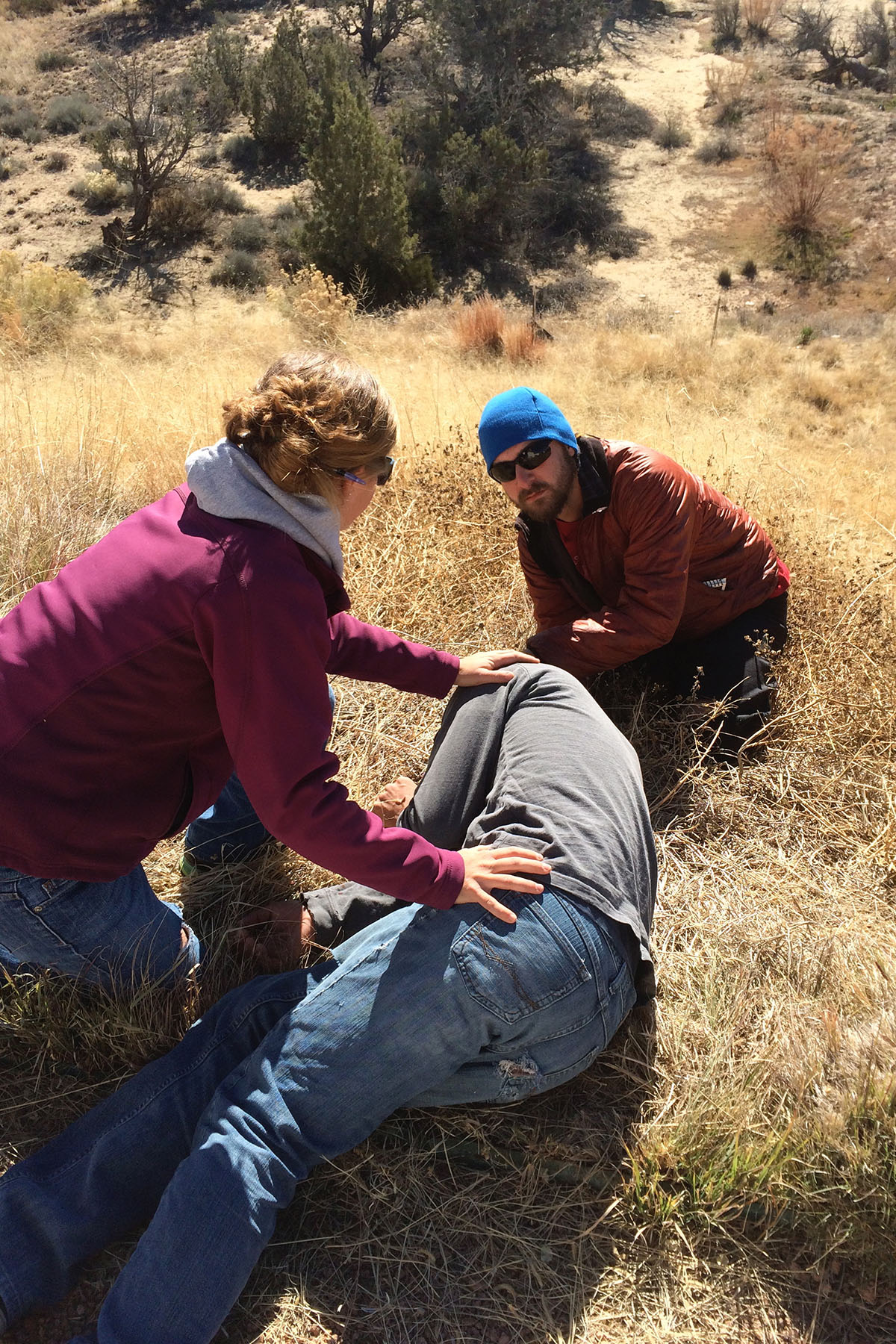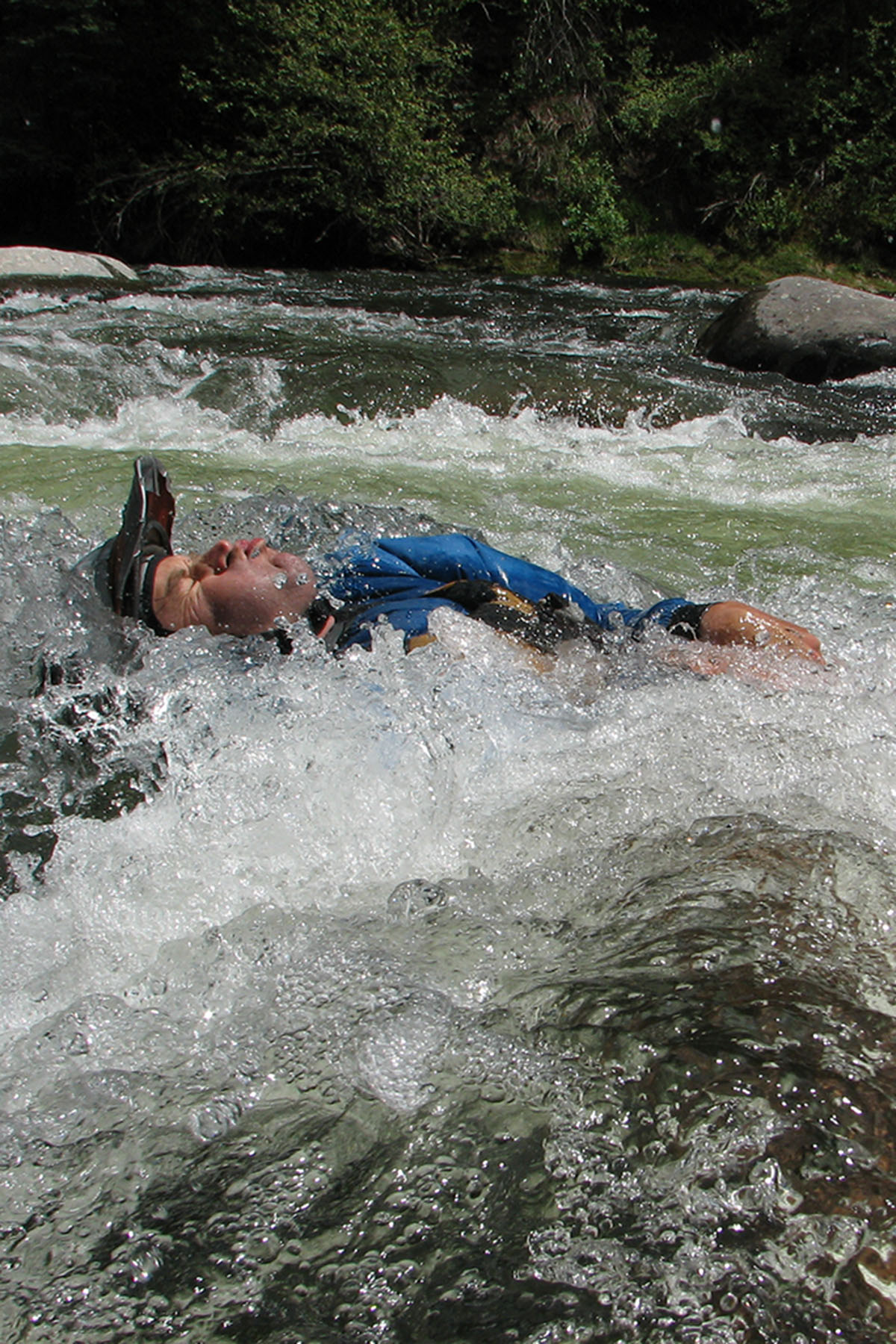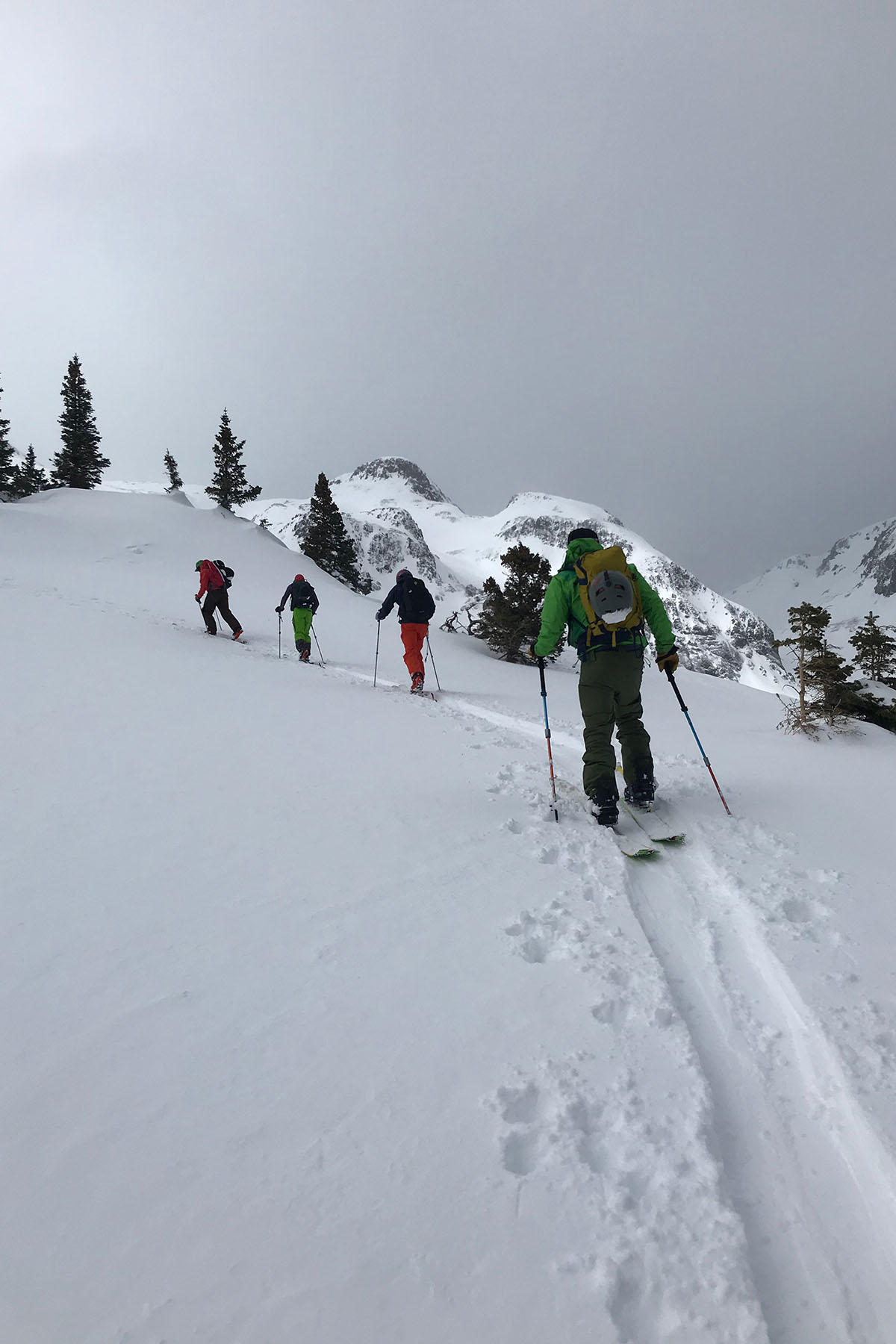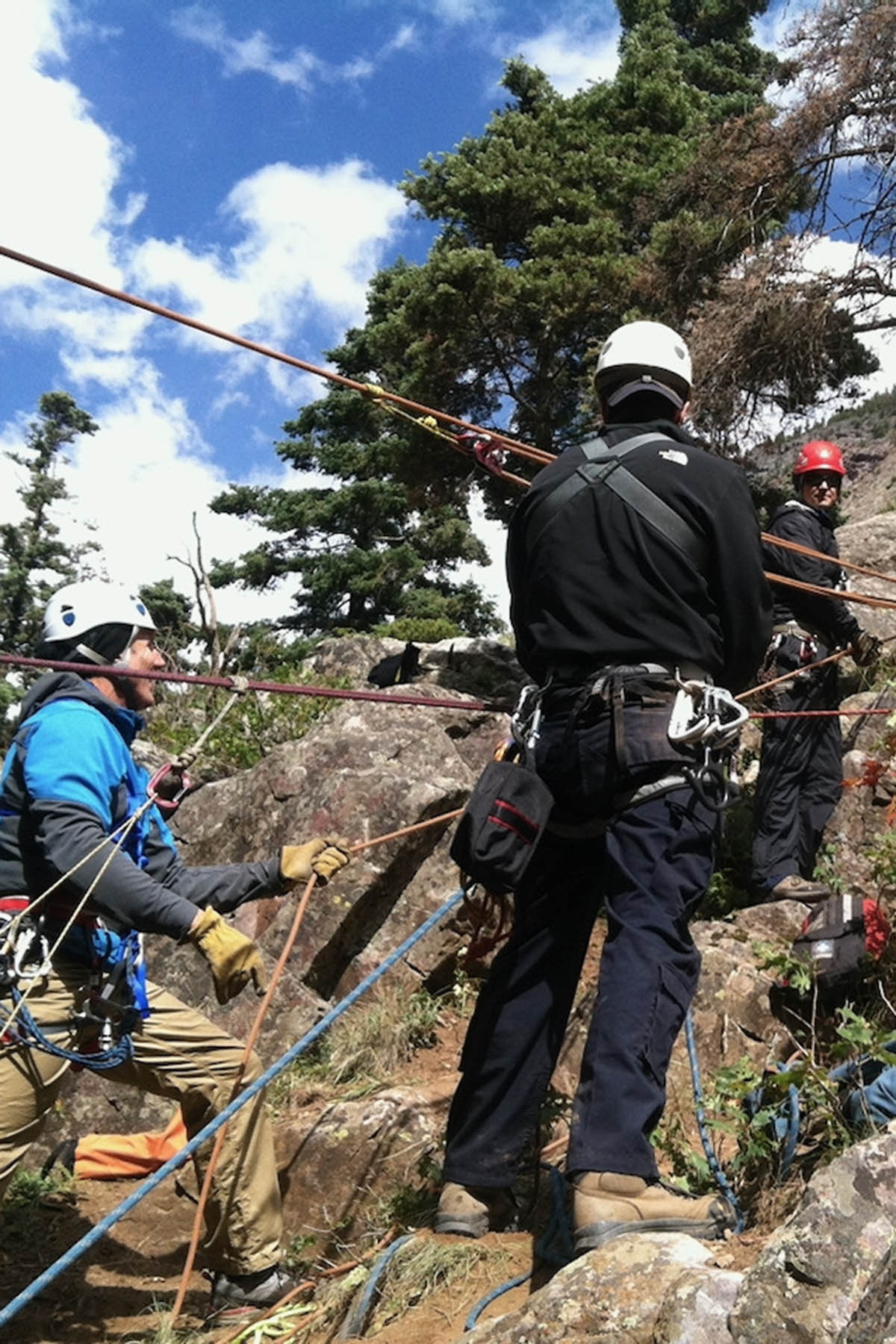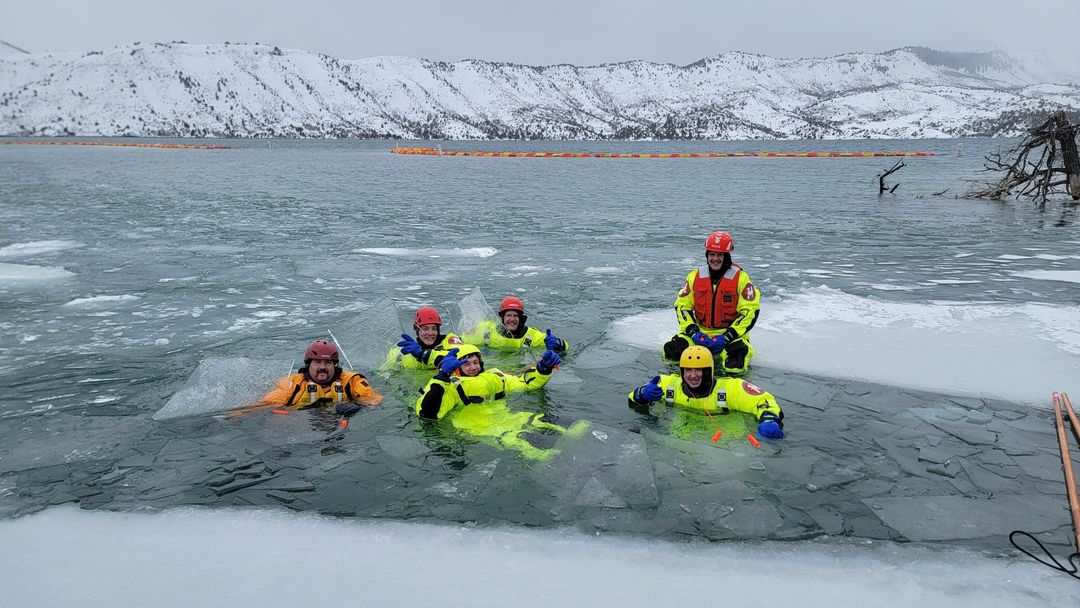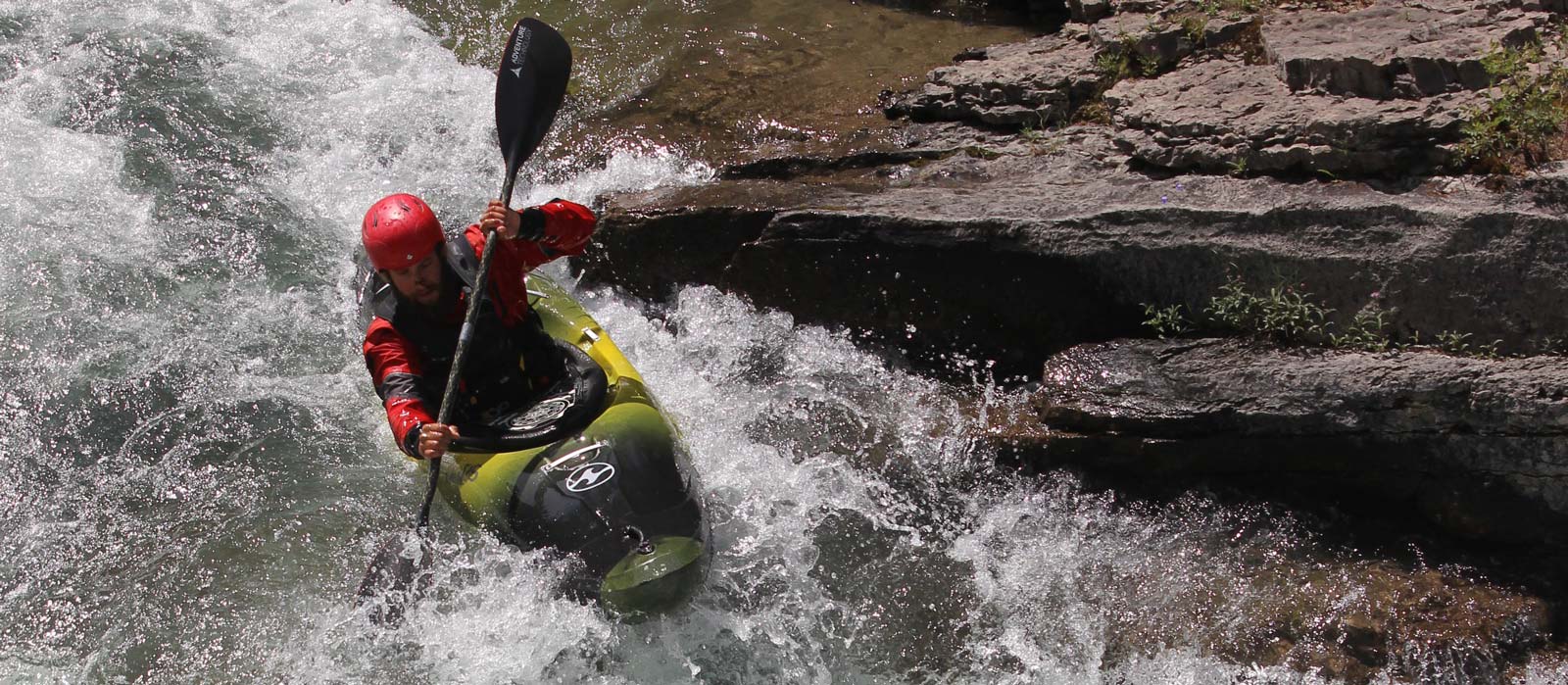Southwest Rescue’s courses are mainly held in the Four Corners Region. Select from the specialties listed below or for more information about Southwest Rescue, it’s instructors, and it’s affiliated companies, please visit the about page. To see a compact schedule of courses, visit the Schedule page. To browse course details for both past and scheduled courses, visit the course details archive.

